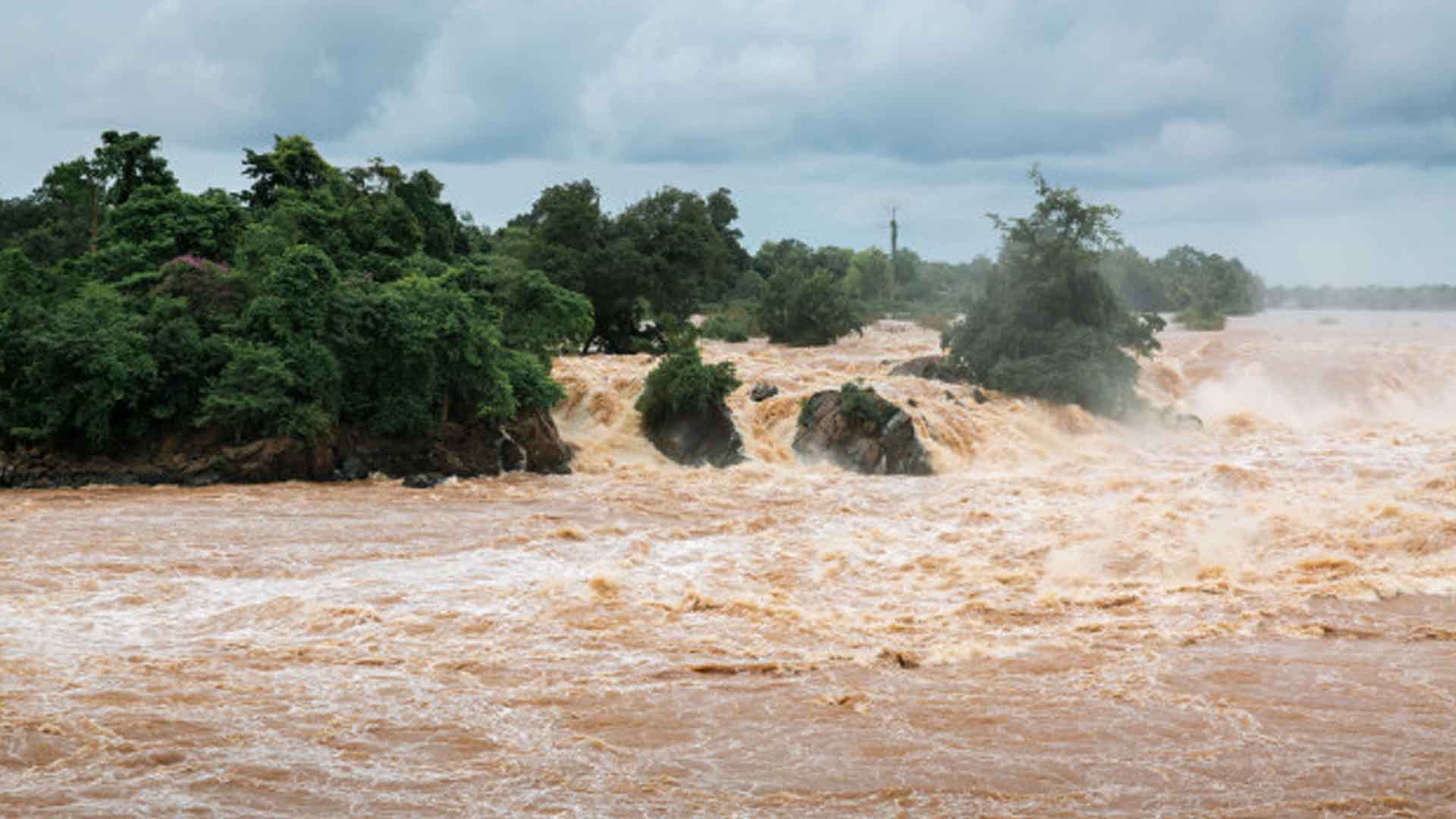After the Philippines was battered by five tropical cyclones within three weeks, the concept of climate justice must be highlighted in national consciousness. Climate change is not just an environmental issue; disaster after disaster shows that human rights are being compromised, the poorest sectors are the ones that bear the worst impacts, and local capacities have not been strengthened enough.
Numerous local and global reports have stated the same fact: natural hazards are shifting from their usual tracks and increasing in intensity due to climate change. This means that existing systems and good practices on addressing the impacts of storms, droughts, and other climate-related hazards must evolve to fully adapt to changing threats.
Justice at all levels
The concepts of climate change adaptation (CCA) and disaster risk reduction (DRR) are closely interlinked, as both fields aim to reduce vulnerabilities of communities to natural hazards, the intensity of which can be enhanced by climate change.
The differences between these two fields must serve as opportunities for integrating them to better address climate-related hazards. While DRR has historically focused on addressing short-term risks, evolving hazards and associated challenges and opportunities could allow for its practitioners and policymakers to look towards more long-term risks on which CCA is primarily concerned. Meanwhile, mainstreaming CCA on the local level would take linking its potential effects and actions to those experienced in the past and present by communities, which usually falls under DRR.
However, this only forms half of the climate agenda; the other side involves mitigating or reducing greenhouse gas (GHG) emissions. This is achieved by preventing more emissions due to burning fossil fuels such as coal, and removing excess GHG in our environment through natural carbon sinks such as forests.
The Philippines is one of the countries at highest risk to the climate crisis, despite emitting less than one percent of global GHGs. Without the cooperation of high-polluting nations such as the United States and China in reducing their emissions, more extreme climate change in the following decades. In this case, response and recovery-oriented measures will no longer be enough for the Philippines to deal with climate-related disasters.
No nation can address the climate emergency on its own, especially if its leaders continue to dismiss the crisis as a seasonal threat or unsolvable unless the rich nations take charge. The climate debt must be paid in full through climate finance, technology transfer, and capacity-building mechanisms to vulnerable nations like the Philippines that allow them to adequately address the climate crisis. This will not be possible if said countries do not take leadership in pressuring liable countries and corporations to do their respective parts.
It is through this lens that a just transition away from coal-fired power plants as the dominant electricity source in the Philippines must be initiated immediately. The recent moratorium of the Department of Energy on new coal plants must be integrated into a decarbonization pathway that prevents not only greenhouse gas emissions that lead to more extreme climate change, but also air pollution that results in the suffering of nearby communities.
The key to resilience
It is clear that the Philippines experiences injustices related to climate change from the global to the local level. What we must recognize is that climate justice is not a seasonal issue that only gains importance during times of disasters caused by extreme weather events. It is a matter that must constantly be at the center of governance, as it has implications on reducing inequalities, alleviating poverty, and other aspects of sustainable development.
We must avoid putting all the blame on climate change for the disasters that our country has endured and will experience moving forward. This not only prevents negligent government officials from being held accountable for their failures to reduce risks, but also promotes the wrong portrait of resilience as simply waiting for the inevitable and building back better than before.
What we need to see is more public finance being allocated to lowering risks to disasters and strengthening climate action and empowering local governments and communities to address the climate emergency. We also need our leaders to show political will to not only implement measures during times of disasters and long-term climate-related policymaking, but also hold corporations accountable for their role in worsening this crisis.
Disasters only happen when decision-makers fail to lead in lowering physical, economic, social, and environmental risks that lead to severe losses and damages that disrupt the normal day-to-day living within communities. Similarly, injustices are only prolonged when we ignore the cries of the marginalized, the poor, and the victims of extreme climate change impacts.
Only by strengthening both mitigation and adaptation can we achieve climate justice. And only by achieving climate justice can we reach a true state of resilience that every Filipino, present and future, deserves.
John Leo is a member of the Haribon Foundation. He is the Program Manager of Living Laudato Si’ Philippines, and the interim Secretariat of Aksyon Klima Pilipinas. He has been a citizen journalist since 2016.








